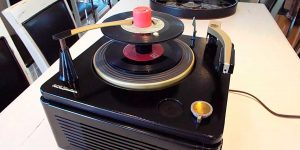Are cheap record players bad? This question may linger in the minds of many, especially those newly venturing into the world of vinyl records. It’s all too easy to succumb to the allure of a budget-friendly turntable when you’re just starting out. Initially, you might find that your first purchase seems to operate perfectly well, satisfying your needs.
However, as time progresses, the true colors of a cheap vinyl player begin to surface. It becomes evident that opting for a low-cost option might diminish your auditory experience, lead to the degradation of your precious LP collection, and accelerate wear on the stylus. Therefore, it is essential to approach the purchase with a well-informed mindset to prevent potential harm to your records.
What is the problem with ceramic cartridges?
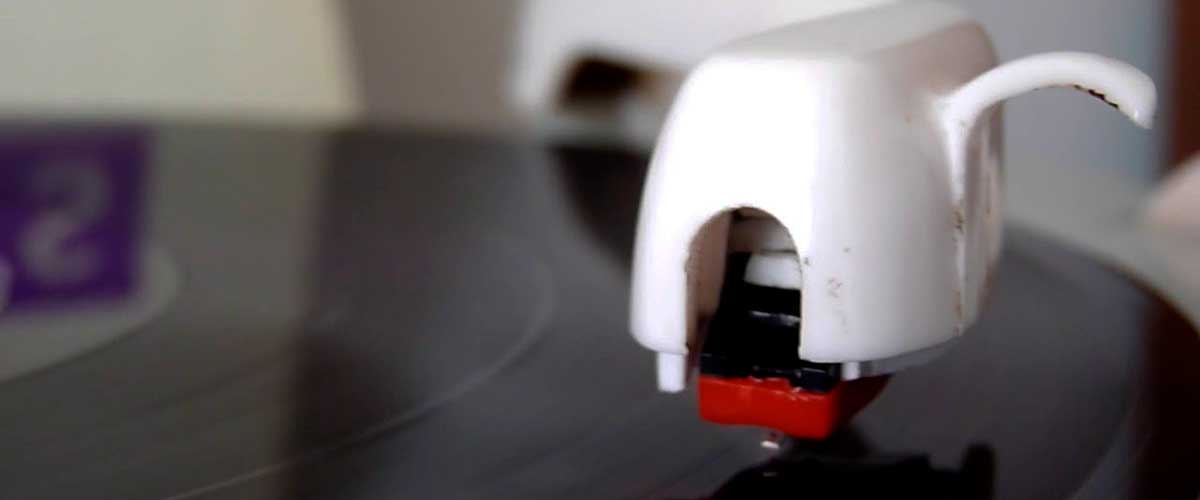
As you delve into the world of vinyl, you’ll discover that turntables come equipped with one of two types of cartridges: ceramic or magnetic. The latter is often hailed as the superior choice for audiophiles, offering a refined sound quality and longevity that its ceramic counterpart struggles to match. Unfortunately, many cheap turntables feature a ceramic cartridge, which brings along many problems that could potentially ruin records over time.
The primary issue stems from the inherent characteristics of ceramic cartridges. They are known to transmit a higher amount of vibrations from the stylus to the electrical signal. This leads to a loss of audio fidelity and compromises the tracking accuracy, meaning the stylus doesn’t follow the record grooves as precisely. Consequently, you need to re-align the stylus frequently to maintain an acceptable level of sound quality.
What are the other disadvantages of cheap turntables?
Embarking on your vinyl journey necessitates a keen understanding of the potential shortcomings of budget turntables. Here are some critical aspects where cheap TTs often falter and why paying attention to these details is paramount:
- Lack of counterweight: many budget turntables lack a counterweight, a critical element in achieving the right balance on the tonearm. Without it, the needle endures excessive pressure, leading to faster wear and the risk of damaging your cherished records.
- Unbalanced tonearm: a balanced tonearm is vital for optimal tracking performance, reducing distortion, and facilitating a rich, authentic auditory experience. Unfortunately, cheap turntables often compromise on this front, featuring tonearms that fail to maintain stable contact with the record groove, thus diminishing sound quality.
- Inferior platter quality: the quality of the platter is integral to a turntable’s performance. A heavy, well-constructed platter helps dampen vibrations and maintain a steady rotational speed. However, budget options usually incorporate lightweight platters, causing speed fluctuations and a noticeable warble in your tracks.
- Compromised build quality and longevity: budget machines are typically built with inferior materials, making them more prone to wear and tear and offering a shorter lifespan.
Understanding these intricacies can guide you to make an informed investment. A turntable boasting a balanced tonearm, a substantial platter, and superior build quality not only safeguards your vinyl collection but also promises an elevated listening experience that brings euphoria to your ears.
What is the solution?
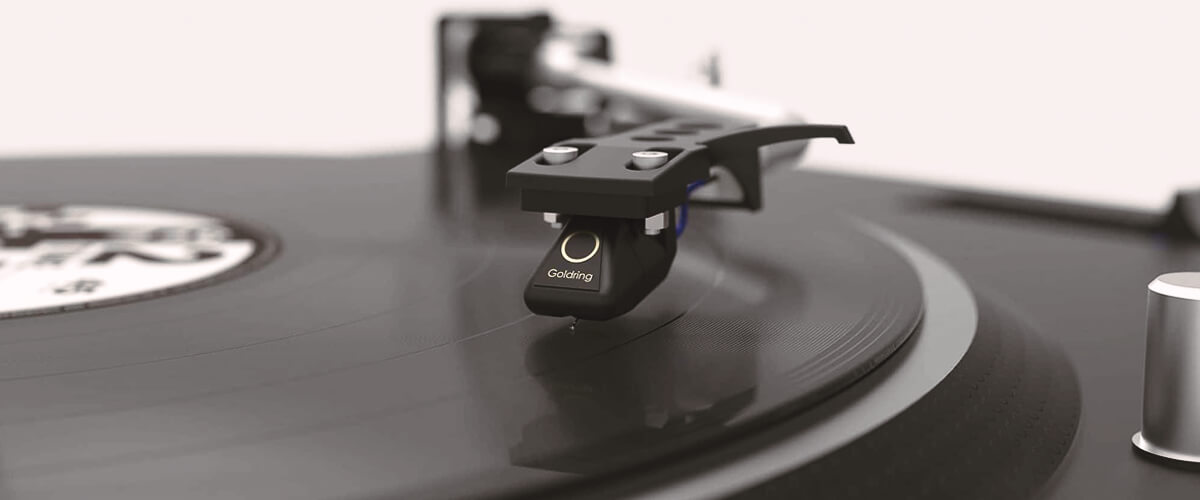
For those tempted to salvage sound quality on cheap turntable, upgrading to a magnetic cartridge might be a potential workaround. This involves attaching the cartridge to the tonearm and making necessary adjustments to achieve a balanced setup.
However, it’s important to note that this route is far from ideal. Firstly, it necessitates a significant investment of time and resources, with no guarantee of prolonged usage or enhanced sound quality. Moreover, not all turntables are conducive to such modifications – differences in connector contacts between ceramic and magnetic cartridges sometimes render them incompatible. Also, it’s worth noting that turntables fitted with ceramic cartridges often lack pre-amplifiers, a component vital for magnetic cartridges to function optimally. This is due to the more potent signal generated by ceramic cartridges. Consequently, introducing a magnetic cartridge to a system designed for a ceramic one can result in improper functioning, leaving you with little recourse.
Considering all this, the most prudent solution is clear: opt for a decent turntable equipped with a good cartridge from the outset. This approach not only prevents damage to your records but also saves you from the perpetual cycle of adjustments and maintenance that come with cheaper alternatives. By investing in quality from the beginning, you set the stage for a seamless, enjoyable vinyl listening experience, where the rich sounds of your records are brought to life without compromise.

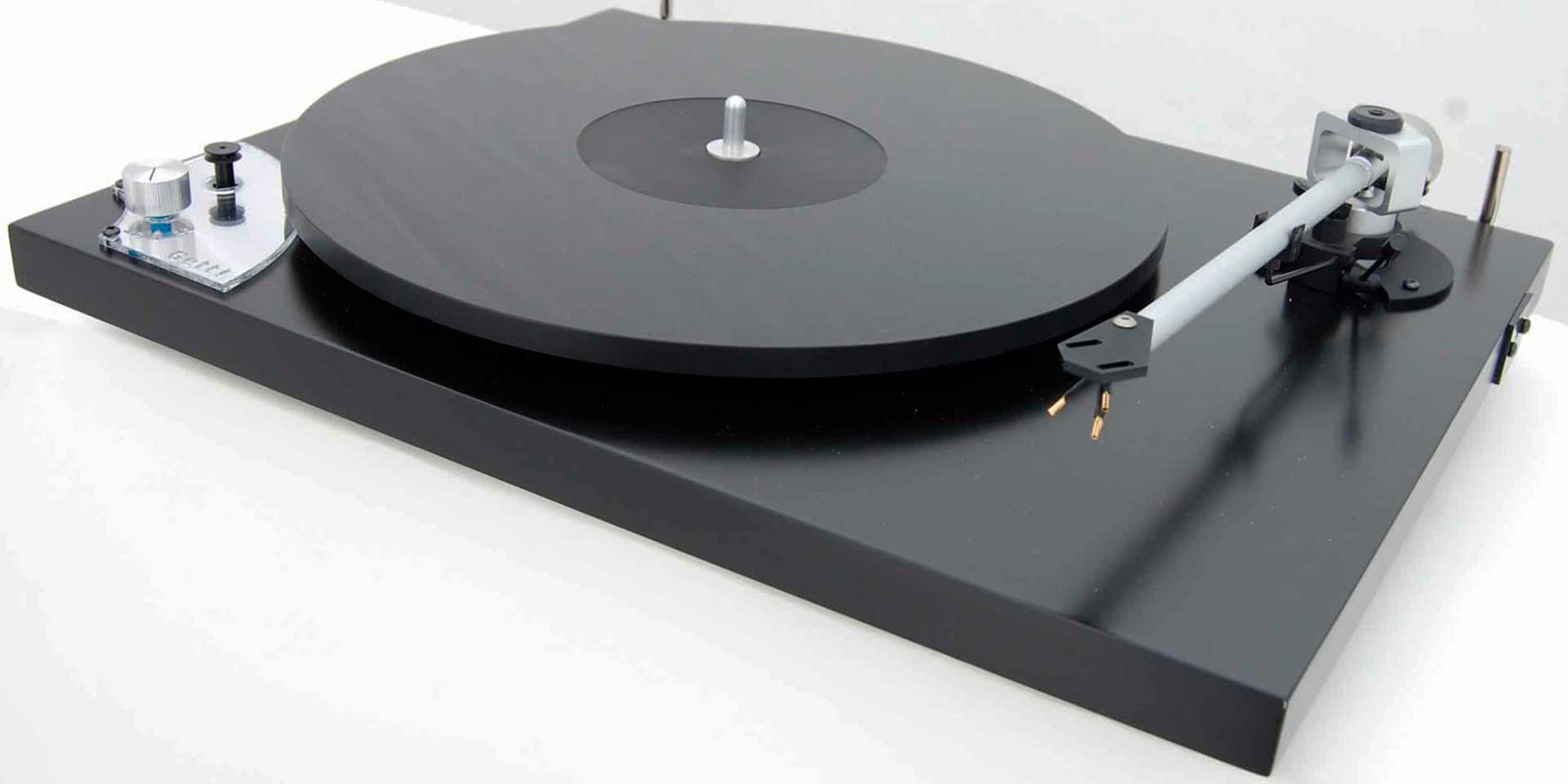



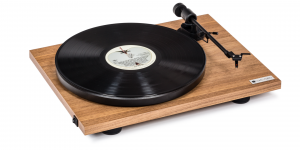


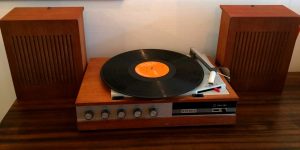
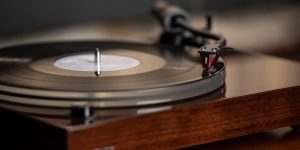

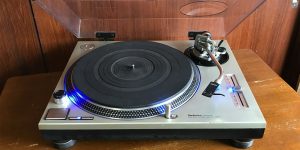
![Connect a Turntable to Your Wireless Bluetooth Speakers [Easy Guide]](https://www.vinylrecordday.org/wp-content/uploads/2021/12/tuntable-and-sonos-speaker-300x150.jpg)
